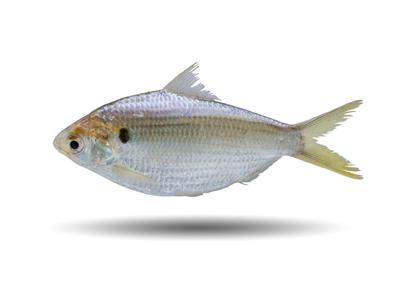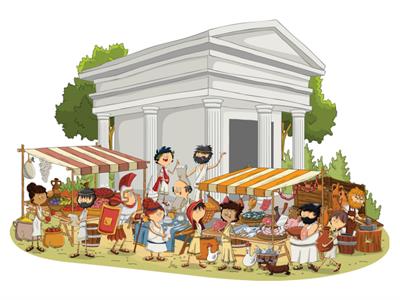PDF chapter test TRY NOW
(Scene 1: At the sea- Fishermen can be seen fishing at the sea)
Narrator: It was the season for Hilsa-fish. Fisherman could think of nothing but Hilsa-fish.
(Scene 2: At the fish market)
Narrator: Fisher mongers sold nothing but Hilsa-fish.
Fisher monger: Come, buy. The price of Hilsa is down today.
(Scene 3: At the household- Two people can be seen talking about the Hilsa-fish)
Narrator: Householders could talk of nothing but Hilsa-fish.
Woman: How much did you pay for that Hilsa?
Man: You wouldn't believe it if I told you.
Narrator: It was the season for Hilsa-fish. Fisherman could think of nothing but Hilsa-fish.
(Scene 2: At the fish market)
Narrator: Fisher mongers sold nothing but Hilsa-fish.
Fisher monger: Come, buy. The price of Hilsa is down today.
(Scene 3: At the household- Two people can be seen talking about the Hilsa-fish)
Narrator: Householders could talk of nothing but Hilsa-fish.
Woman: How much did you pay for that Hilsa?
Man: You wouldn't believe it if I told you.
Explanation:
The story "Gopal and the Hilsa-fish" is about a courtier named Gopal and a Hilsa-fish. The story begins with the fact that the Hilsa-fish season had arrived. The Hilsa-fish, also called Ilisha, is commonly known for its soft meat. Hilsa is a variety of fish that lives in the freshwaters of Eastern India. It looks shiny and smells good. One of the primary reasons for the rise in the price of Hilsa-fish is its scarcity. Hilsa-fish prices are lower in coastal areas like Goa, Kerala, West Bengal, and Tamil Nadu than in cities farther away from the sea. It is highly rich in good-quality fatty acids, which help humans avoid coronary heart disease. Hilsa-fish usually lives in the sea, but it travels from sea to river during the breeding season and produces young ones.

Hilsa-fish
During the Hilsa-fish season, fishermen could think of no other fish because it is highly popular among people for its rich fatty acids and flavours. And also, the fishermen could earn a lot of money during the Hilsa season.
People who sell fish in markets are known as fisher mongers. When the Hilsa season began, fisher mongers sold more Hilsa than other fish. Usually, in the fish market, the fisher monger shouts like, "Come, buy. The price of Hilsa is down today". Their loud voice seeks people's attention; on hearing that, people would arrive at the fish market to buy the Hilsa.

A fisher monger selling fish
The man and woman from their household would have nothing to speak about except the Hilsa-fish. The neighbours were discussing, "How much did you pay for that Hilsa?" As it was Hilsa-fish season, the price had become low, and people were excited to buy Hilsa. This is the reason behind their saying, "You wouldn't believe it if I told you". People were standing here and there and talking about the Hilsa-fish.

Householders were very curious in buying Hilsa and discussing its price
Meanings of the difficult words:
| S.No | Words | Meanings |
1 | Fisher monger | A person who sells raw fish and seafood |
2 | Householder | A person who owns or rents a house or the head of a family |
3 | Abundant | Existing or available in large quantities |
4 | Scarcity | The state of being scarce or in short supply; shortage |
5 | Breed | Producing young ones |
Reference:
National Council of Educational Research and Training (2007). Honeycomb. Gopal and the Hilsa-fish(pp. 36-47). Published at the Publication Division by the Secretary, National Council of Educational Research and Training, Sri Aurobindo Marg, New Delhi.
